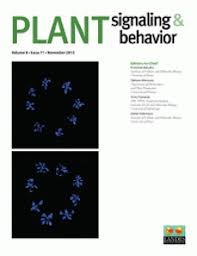 Last month, a colleague of emergency medicine doctor Daniel Waxman sent him some newly reported findings that took him by surprise. Waxman knew from the title of a press release about the recent paper — “Nearly Half of U.S. Medical Care Comes From Emergency Rooms” — that something was wrong.
Last month, a colleague of emergency medicine doctor Daniel Waxman sent him some newly reported findings that took him by surprise. Waxman knew from the title of a press release about the recent paper — “Nearly Half of U.S. Medical Care Comes From Emergency Rooms” — that something was wrong.
Immediately I said, that’s not true. It’s just crazy.
Waxman quickly realized the mistake: The data were based only on care provided in hospitals — much of which, not surprisingly, originates from emergency departments (EDs). But the title of the paper, the abstract, and other places in the text do not specify that. What’s more, the press release about the study says the findings relate to “all medical care.” The journal has since changed the paper, including the title, to make that distinction clear, but not provided any editorial notice indicating the text had been updated. Meanwhile, the press release and news stories about the original study continue to report the “surprising” original findings.
Continue reading Journal silently fixes emergency care paper — after misleading press coverage

 Oops.
Oops.  Following heavy criticism of its decision to correct — instead of retract — a paper accused of plagiarism,
Following heavy criticism of its decision to correct — instead of retract — a paper accused of plagiarism, 

 Researchers from the University of Kansas asked to retract their paper only days after the journal issued an expression of concern related to some of the images.
Researchers from the University of Kansas asked to retract their paper only days after the journal issued an expression of concern related to some of the images. 